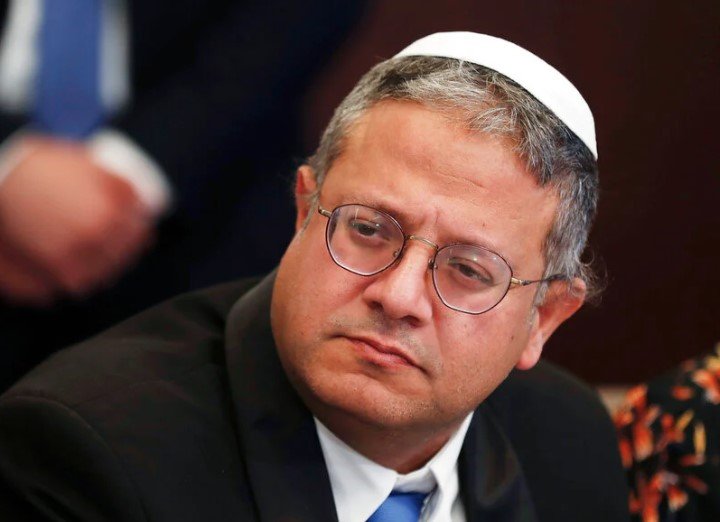In a significant move that has rocked Israeli politics, Itamar Ben Gvir, Israel’s National Security Minister and leader of the far-right Jewish Power party, has resigned from Prime Minister Benjamin Netanyahu’s government over the controversial ceasefire deal with Hamas in Gaza.
Ben Gvir’s resignation on Sunday stems from his staunch opposition to the ceasefire agreement that was reached after days of intense fighting between Israeli forces and Hamas militants. His departure marks a major setback for Netanyahu’s fragile coalition government, though it does not immediately threaten the ceasefire itself or cause the coalition to collapse. However, Ben Gvir’s move exposes cracks within the ruling coalition, leaving it increasingly unstable.
A Hardline Stance Against the Ceasefire
Ben Gvir, who has long been a vocal critic of Hamas and an advocate for hardline policies against the militant group, fiercely opposed the ceasefire. He and his party, Otzma Yehudit (Jewish Power), argue that the deal represents a dangerous concession to Hamas, calling it a “capitulation” that undermines Israel’s military achievements in Gaza.

The ceasefire, which was brokered in the wake of months of conflict and rising casualties, has sparked a deep divide within Israeli politics. While many in the Israeli public, including those in Netanyahu’s government, see it as a necessary step to halt the violence, Ben Gvir and his supporters view it as a betrayal of Israel’s security interests.
In his resignation statement, Ben Gvir condemned the release of “hundreds of murderers” as part of the ceasefire arrangement, criticizing the perceived concessions to Hamas as unacceptable. For him, the decision to negotiate a ceasefire represented a defeat for Israel, which had been making strides in its military campaign against Hamas fighters in Gaza.
The Fallout From Ben Gvir’s Departure
Ben Gvir’s resignation is not just a symbolic protest; it destabilizes the already fragile coalition that Netanyahu has relied on to maintain power. The Jewish Power party, which has only recently gained significant influence, has long been a key partner in Netanyahu’s government. By stepping down, the party sends a clear message that they will not support any deal they perceive as weakening Israel’s position against Hamas.
The resignation of Ben Gvir’s party members, however, does not directly impact the ceasefire agreement itself. The Israeli military and diplomatic efforts will continue despite the internal political turmoil. But with Ben Gvir gone from the government, Netanyahu now faces a deeper challenge in keeping his coalition together, especially with the upcoming legislative decisions that could affect the future of the ceasefire.
Moreover, Ben Gvir’s hardline rhetoric and views have made him a polarizing figure in Israeli politics, appealing to far-right factions but also drawing criticism for his uncompromising stance. His resignation further complicates Netanyahu’s ability to unify his government, as the political landscape continues to shift in response to the Gaza conflict.
The Broader Implications for Israel’s Political Landscape
Ben Gvir’s resignation signals a deeper shift in Israeli politics, reflecting the ongoing division between those who support a more conciliatory approach to peace negotiations and those, like Ben Gvir, who advocate for unyielding military action. As the conflict in Gaza continues, Israel’s internal political battles are likely to play a larger role in shaping the country’s response to the ongoing crisis.
This development underscores the challenges facing Netanyahu as he attempts to balance the demands of his coalition partners and the broader Israeli public, which remains deeply divided over the best way to deal with Hamas. The resignation of such a prominent hardliner shows just how contentious the ceasefire deal has become, especially within Netanyahu’s government.
With Ben Gvir now outside of the government, Netanyahu’s leadership is at a crossroads. The Prime Minister will need to navigate these turbulent waters carefully if he is to maintain his coalition and avoid further fragmentation.
